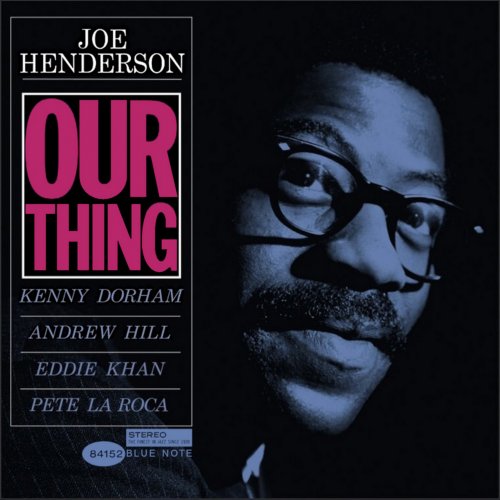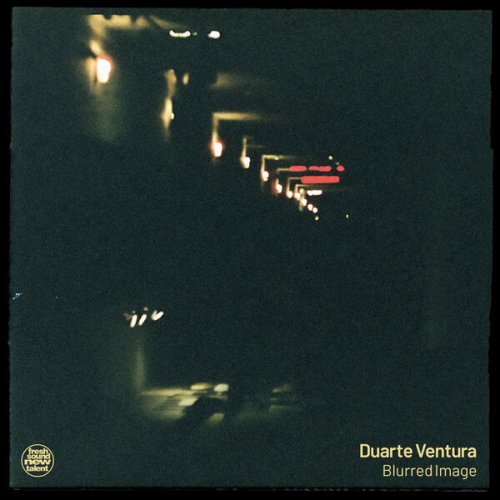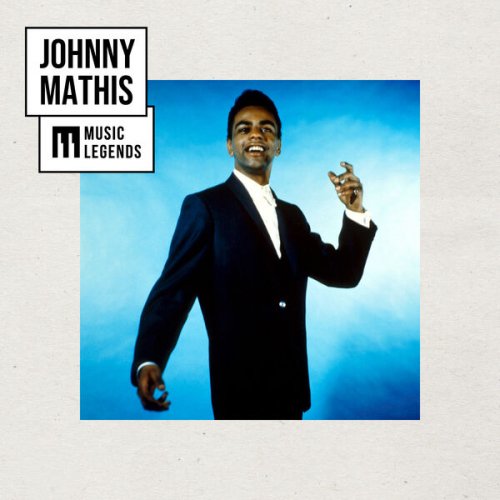Rosemary Tuck, English Chamber Orchestra, Richard Bonynge - Carl Czerny: Grand Concerto in A minor (2016) CD-Rip
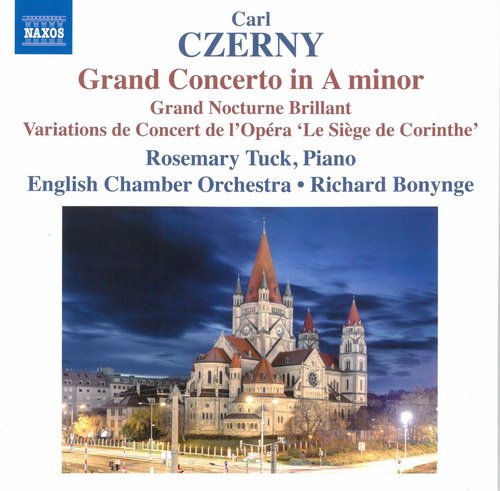
Artist: Rosemary Tuck, English Chamber Orchestra, Richard Bonynge
Title: Carl Czerny: Grand Concerto in A minor
Year Of Release: 2016
Label: Naxos
Genre: Classical
Quality: FLAC (image+.cue,log,scans)
Total Time: 66:14
Total Size: 282 Mb
WebSite: Album Preview
Tracklist: Title: Carl Czerny: Grand Concerto in A minor
Year Of Release: 2016
Label: Naxos
Genre: Classical
Quality: FLAC (image+.cue,log,scans)
Total Time: 66:14
Total Size: 282 Mb
WebSite: Album Preview
1. Grand Nocturne Brilliant, Op.95
Grand Concerto in A minor, Op.214
2. I. Allegro moderato
3. II. Adagio con moto -
4. III. Rondo: Allegro con anima
5. Variations de Concert sur la Marche des Grecs de l'Opera 'Le Siege de Corinthe' de Rossini, Op.138
Performers:
Rosemary Tuck, piano
English Chamber Orchestra
Richard Bonynge, conductor
The music of Carl Czerny, which has mostly languished in obscurity (excepting technical exercises) since Robert Schumann delivered a withering verdict on its lack of imagination, has been undergoing a modest revival, and pianist Rosemary Tuck argues here in her notes that Czerny had prominent admirers who included Liszt and Brahms. Really both groups may be right. The poetic quality that would have been important to Schumann is lacking, here and elsewhere in Czerny's output. But the technical facility gained by the generations of piano students who've worked their ways through the School of Velocity is on elegant display, and finds its compositional counterpart in the large, outer movements of the Grand Concerto in A minor, Op. 214, which was composed in 1830 (not 1930 as the graphics indicate!). These do not collapse under their own weight or devolve into empty passagework, and they probably represent Czerny at his best. The middle movement is a brief, decoration-encrusted jewel. The Grand Nocturne Brillant, Op. 95, is interesting as an early example of the nocturne genre; it is not like a Chopin nocturne, but resembles the larger efforts of John Field and is a virtuoso piece. Only the set of Rossini variations at the end is a potboiler of the sort Czerny is said to have created in a possibly apocryphal story in which he would lay multiple manuscripts on a table, working on one while the ink dried on another. But in general this is a good pick if you're curious about Czerny. Tuck delivers performances with the kind of smoothness Czerny would have liked, and you get to hear the veteran conductor Richard Bonynge leading the English Chamber Orchestra.
DOWNLOAD LINKS
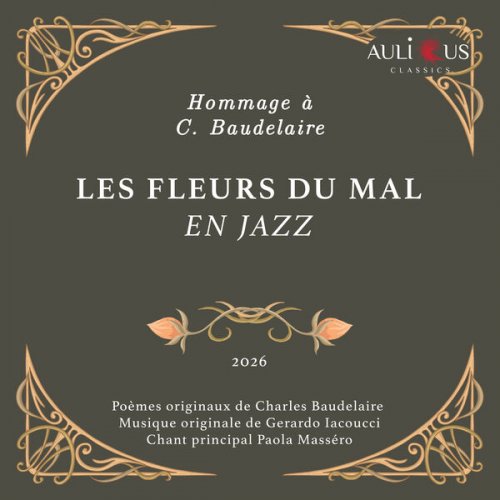
![Mark De Clive-Lowe, Andrea Lombardini and Tommaso Cappellato - Dreamweavers II (2026) [Hi-Res] Mark De Clive-Lowe, Andrea Lombardini and Tommaso Cappellato - Dreamweavers II (2026) [Hi-Res]](https://www.dibpic.com/uploads/posts/2026-02/1772112550_tl3tb7yl8u13z_600.jpg)

![Zenekar - Swirls (2026) [Hi-Res] Zenekar - Swirls (2026) [Hi-Res]](https://img.israbox.com/img/2026-02/25/t028ousw4otuz57efsjkzgr6u.jpg)
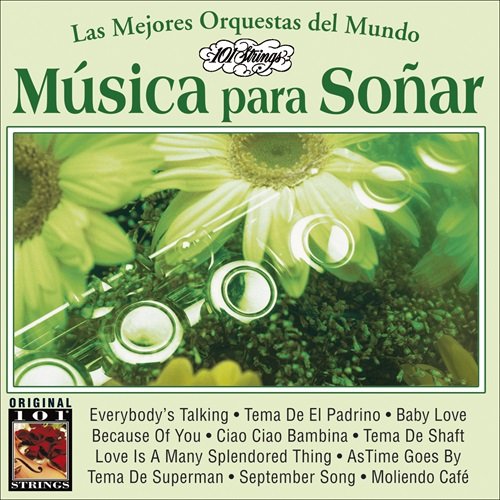
![Lexington - HARD BOP TANGO (2026) [Hi-Res] Lexington - HARD BOP TANGO (2026) [Hi-Res]](https://www.dibpic.com/uploads/posts/2026-02/1772180664_cover.jpg)
